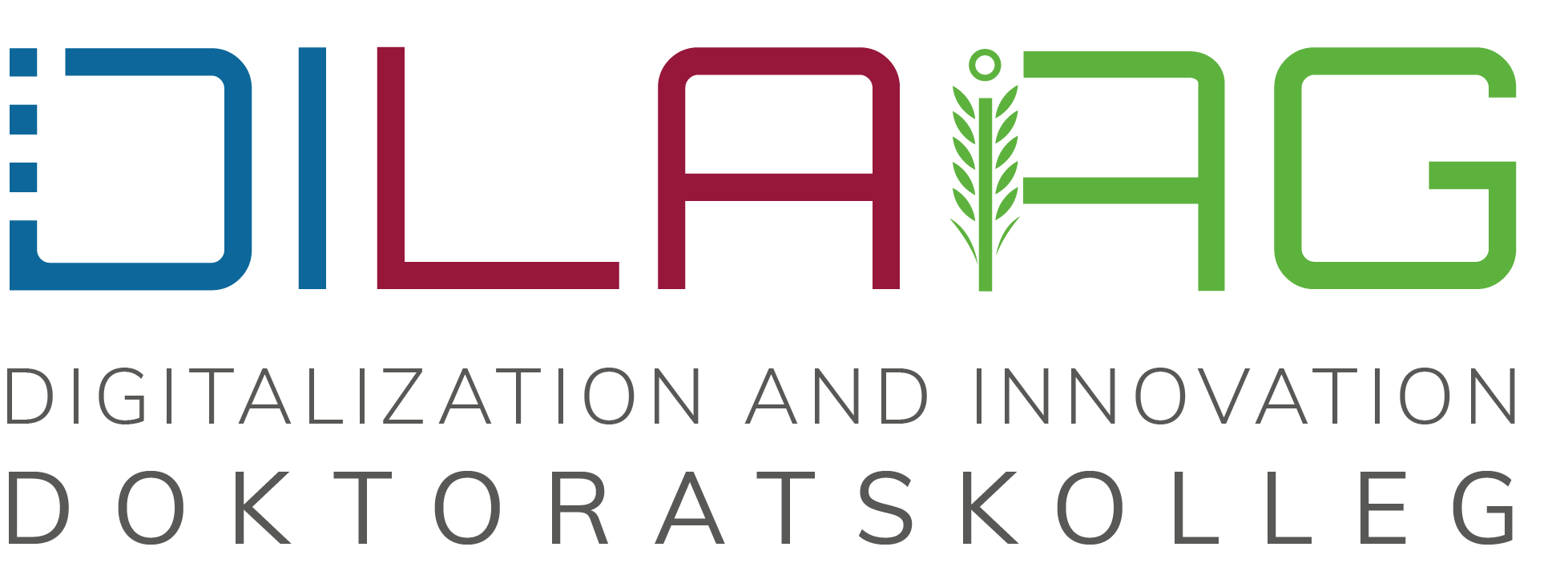The use of sensors and digital technologies for monitoring physiologic and pathologic parameters, behaviour and production data summarized as “Precision Livestock Farming” (PLF). Digital sensors recognize specific patterns of movement and therefore they can be used in early detection for specific physiologic behaviour patterns (such as heat or rumination) or diseases. This can lead to more economic and ecologic efficiency and to an improvement in animal welfare, besides the prevention of diseases or shortening the duration of diseases and therefore minimizing the loss of production.
In addition, the continuous monitoring makes it possible to present the agricultural production patterns to marketers and consumers. Most of available studies around PLF, have been conducted under continuously housed conditions and not enough studies are done in “pasture-based systems” (PBS). This is the reason why there is a lack of basic knowledge about how the digital technology and the involved algorithms can work on PBS or need to be adapted. This study can provide basic knowledge for monitoring of PBS, which can also be used as criteria of quality for livestock farming.
In this project, the basics for a practicable use of digital sensors on PBS of dairy cattle shall be elaborated and existing sensor-systems shall be tested. It will be investigated, which parameters are useful as indicators to assess the quality of PBS compared to continuously housed systems. Direct visual observation, video observation and clinical parameters, which are collected from the animals, will serve as gold standards. The far more heterogeneous environment for the animals on pasture in contrast to continuously housed systems and the expectations that the sensors will have to meet in terms of other geographic conditions will be the main challenging factors.
Food production based on livestock farming is a particular challenge in achieving the global sustainable development goals. However, less intensive farming integrating PBS for dairy cattle, which the consumers are also more and more demanding, can contribute to these achievements. A central issue in the economic and ecologic efficiency in livestock farming, next to saving resources in general, is minimizing unproductive periods during animals lifetime for example due to diseases. Early detection, and consistent and precise monitoring of disease can be obtained by the use of sensor-based systems. This was demonstrated mainly under continuously housed systems so far. The sensor-based monitoring of animal health and welfare in combination with more extensive pasture-based dairy farming can therefore contribute in both ways to achieve the sustainable development goals.
